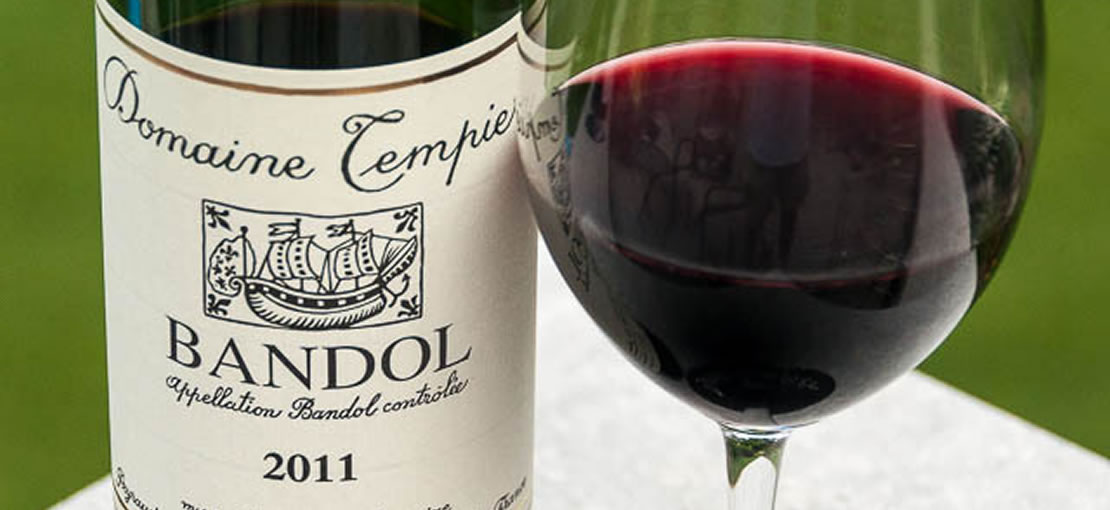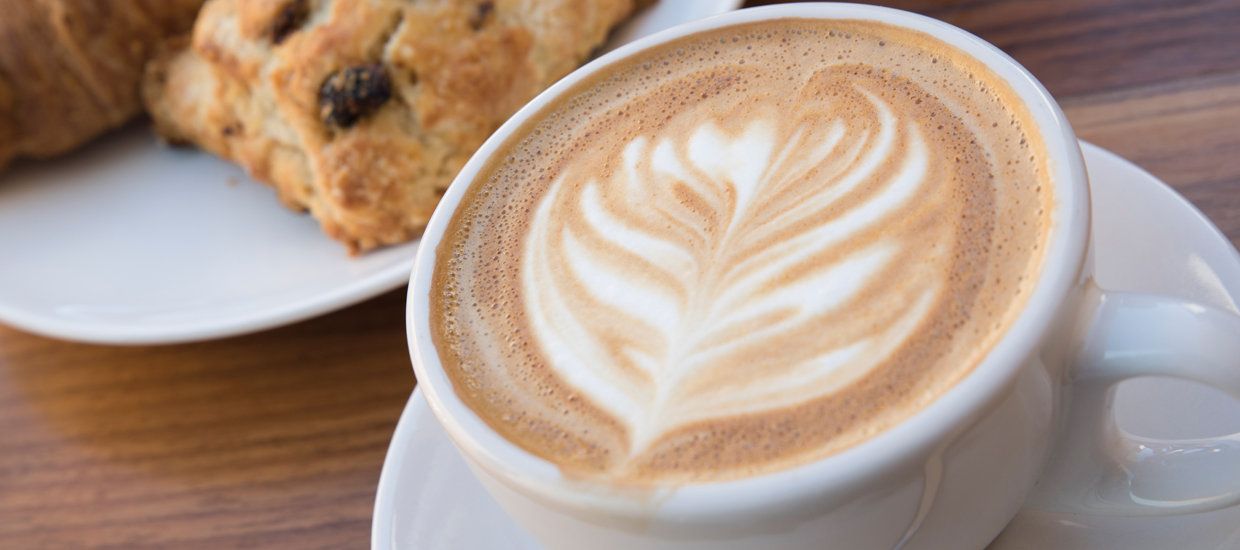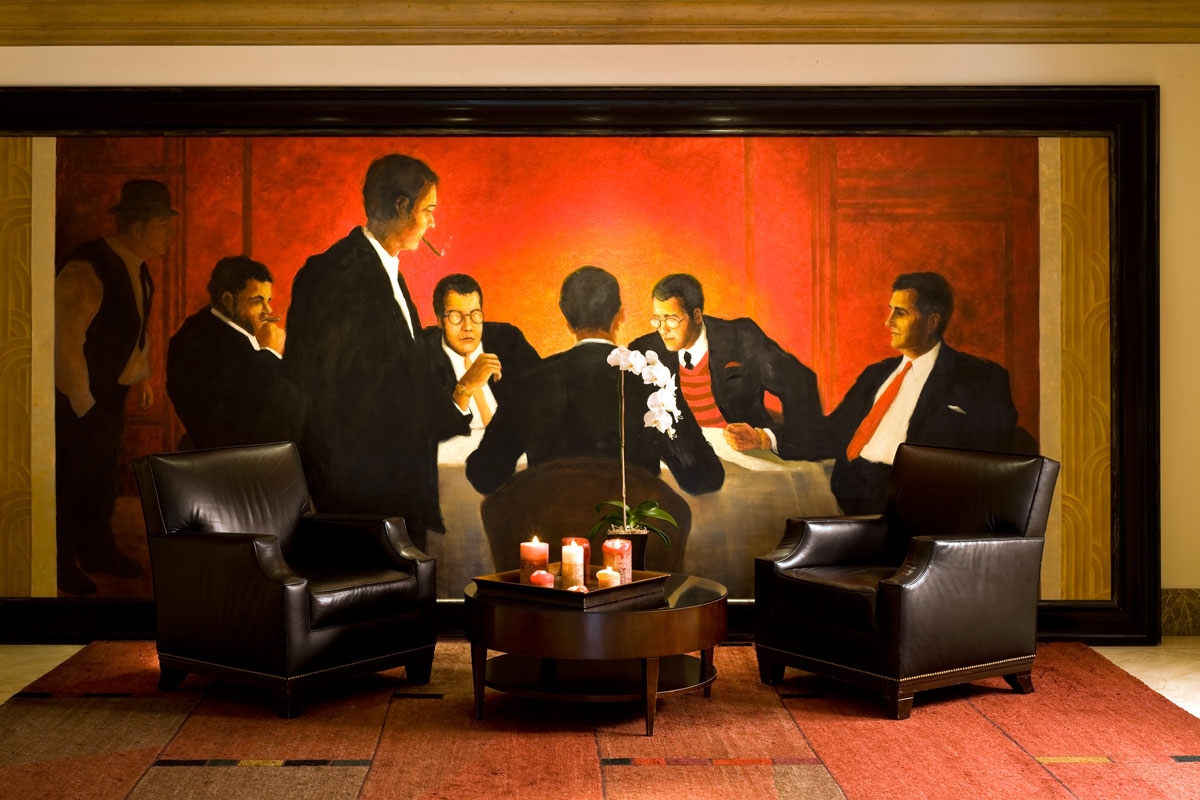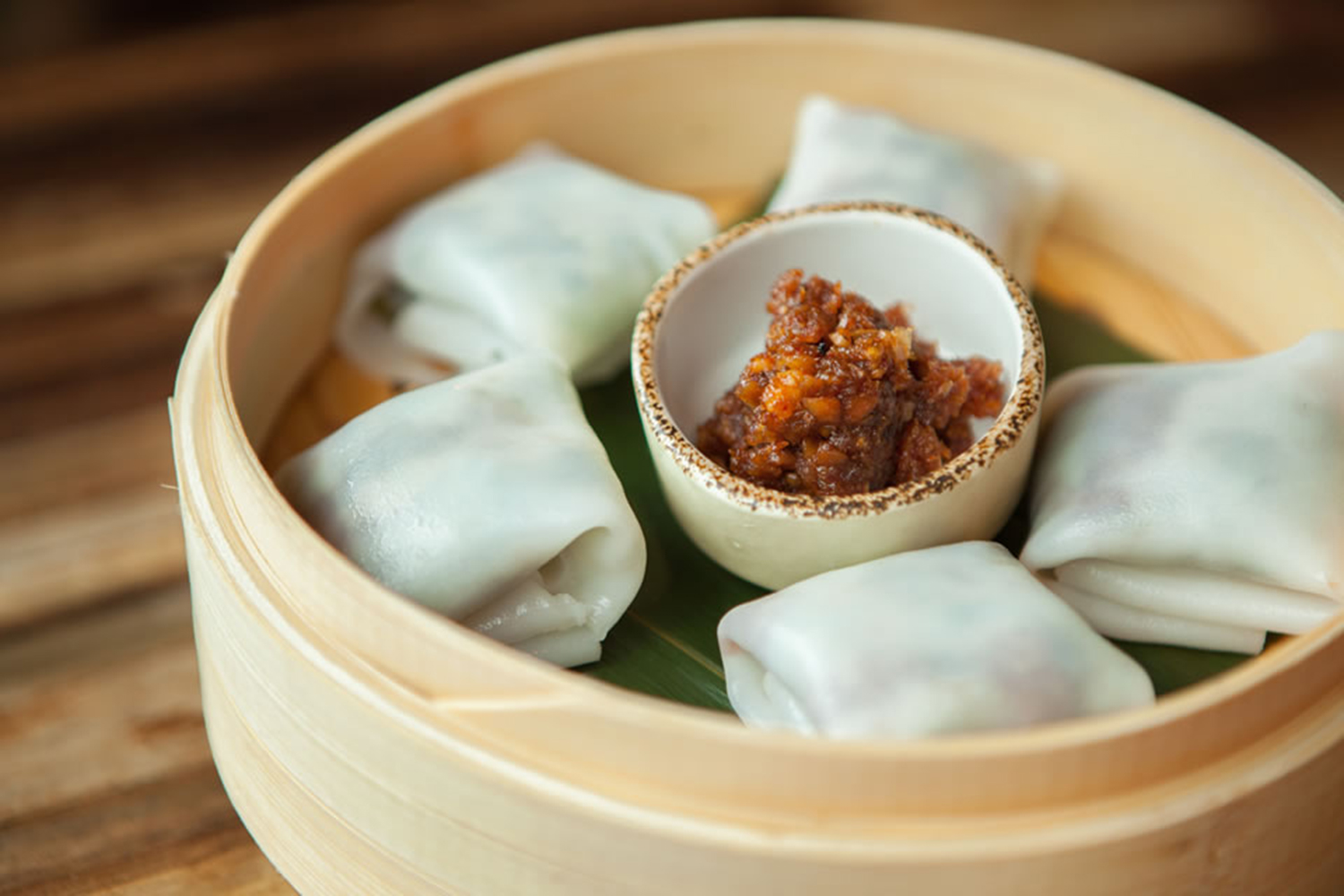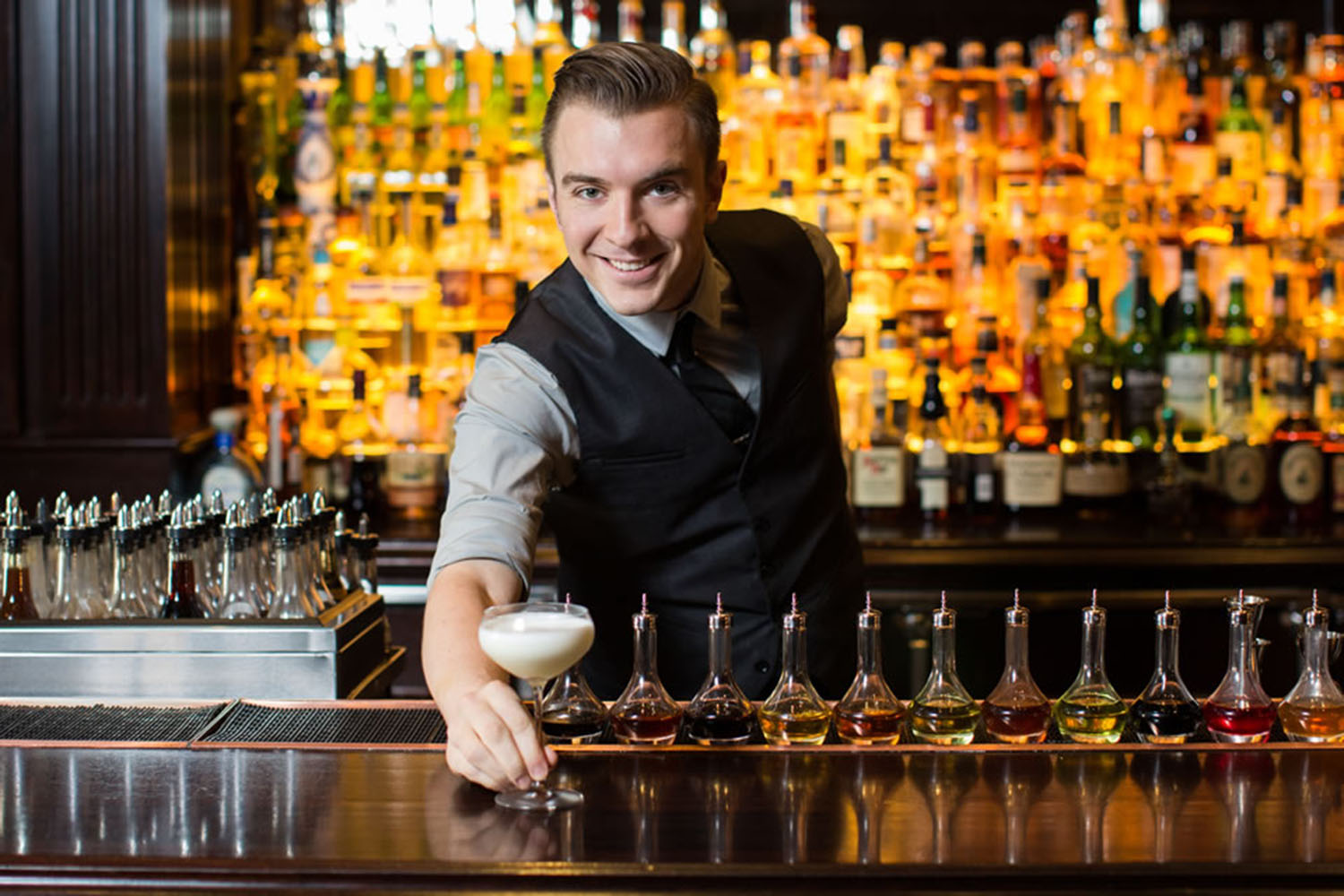
Sweet, viscous, earthy—these are all characteristics of one of nature’s great elixirs: honey. The natural nectar of bees has appeared on cocktail menus for decades and, in recent years, it has become one of the most pursued ingredients in the bar scene nationwide. Credit goes to the push for fresh and local ingredients as well as mixologists with an interest in innovation. Pardon the pun, but honey is all the buzz.
Mixologists say the sweet substance completely changes the flavor profile of drinks, adding a cool earthiness and a weight that increases mouthfeel and extends the finish. Considering honey also lends itself nicely to infusion with a variety of spices, it offers bartenders a chance to introduce multiple layers of tastes for drinkers.
“It’s real, it’s natural and it’s straight from Mother Earth,” says Sean Krejci, bartender at Blind Barber, a speakeasy-style bar in Culver City, Calif. “There’s nothing purer than honey.”
Busy Bees
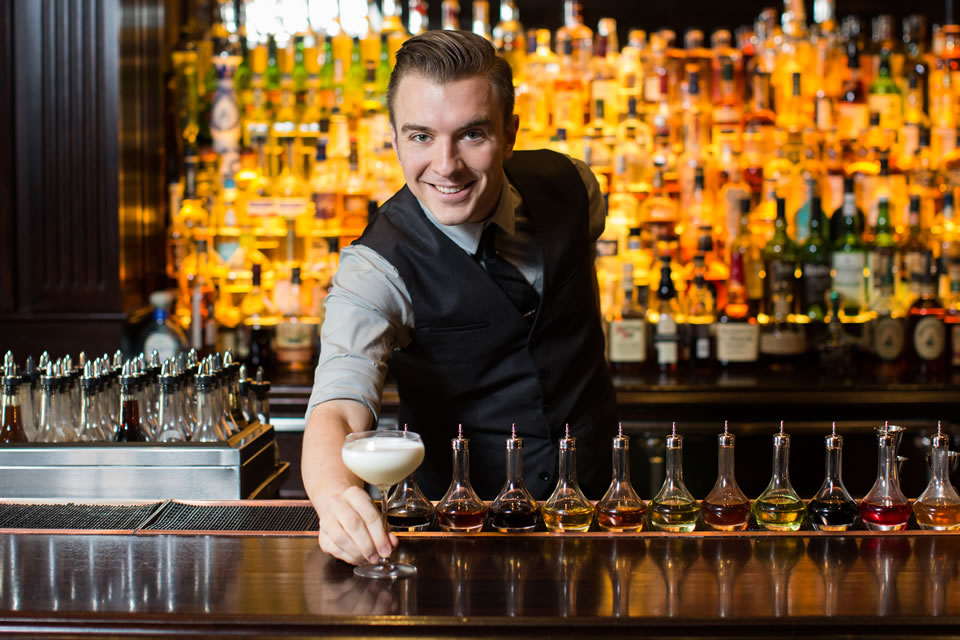
Incorporating honey into potent drinks certainly isn’t anything new. Dr. Vaughn Bryant, anthropologist and director of the palynology (study of plant pollen) laboratory at Texas A&M University, says people in the Mediterranean have been using the substance as a mixer and the basis of wine for tens of thousands of years. In more current times, it has been drizzled into a number of classic cocktails, one of which dates back to Prohibition: The Bee’s Knees got its name from 1920s jargon meaning “the best.” At the time, honey and citrus juice were mixed with gin in order to mask the smell of the bathtub alcohol, and this three-ingredient drink still stands firm on cocktail lists.
Today’s mixologists are experimenting with how they use honey. One way is to water it down to reduce the stickiness. About a decade ago, T.J. Siegal of New York City’s original Milk & Honey bar diluted it into syrup by combining it with boiling water. He completed the concoction with bourbon and lemon juice and deemed it the Gold Rush, which is now a standard 21st-century cocktail.
Another modern practice is infusing honey with other flavors. According to Will Rivas, beverage director at Macchialina in Miami, honey quickly picks up attributes of whatever spices he infuses it with and holds the flavor almost indefinitely. For instance, The Speck-tacular Now cocktail he makes at Macchialina combines the sweetener with cloves for a rich syrup that is then mixed with bourbon and bitters.
“The flavor of the honey always is at the forefront and the spice stays in the background,” he explains. “You only need a little bit of honey to make a drink sweet.”
From Hive to Shaker
In addition to applauding the unique sweetness of honey, mixologists say they like using it because of the diversity it brings to the bar. Honey comes from bees, so this diversity starts at the hive. Two hives placed right next to each other will have radically different cultures, and therefore will pollinate a unique mix of flowers from one another. Because honey tastes of whatever the bees have pollinated, this means each hive’s honey will have its own flavors and aromas—leading to different and interesting possibilities with cocktail creation.
Christopher Lowder, bar manager and the head of bar education at The Nomad Hotel in New York City, says this enables a bartender to get specific about what flavors he does and does not want in the glass. “This kind of flexibility isn’t possible with other syrups or sweeteners,” he says, adding that with other products “you get the sugar you buy, and it tends to be consistent for better or for worse.”
Perhaps the only challenge to working with honey is achieving balance. Because the sweetness in honey is natural, it is perceived in a much more powerful way—meaning a cocktail that technically is balanced may register as cloying.
Others say honey is so viscous that too much of it can make a drink gooey. Juanita Butler, bar manager at Circa 39 Hotel’s Wunderbar in Miami Beach, says this is especially true when bartenders are crafting drinks “on the fly.” “[It’s] key to adjust the amount of honey and to ensure it is properly diluted in the cocktail to avoid settling,” she explains.
The bottom line is that when administered appropriately, honey can take a cocktail from ordinary to sublime. For imbibers across the country, that’s pretty sweet.
—Written by Matt Villano

